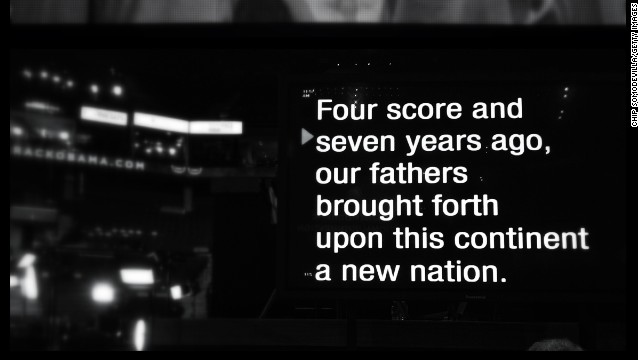Virginia pol is stabbed and son is dead in attempted murder-suicide, police say
A top Virginia politician lay in a Charlottesville hospital with
multiple stab wounds Tuesday evening after what state police called a
fight with his son, who appears to have killed himself shortly
afterward.

eeds, 55, is well known in Virginia political circles. A Democrat, he ran for attorney general in 2005 and for governor in 2009, both times against Republican Bob McDonnell, who is now Virginia's governor.
A cousin found state Sen. Creigh Deeds,
the 2009 Democratic nominee for governor, walking down a road near his
home Tuesday morning, bleeding from multiple stab wounds to his head and
chest, state police reported. State troopers who came to Deeds' home in
Millboro, about 150 miles west of Richmond, then found 24-year-old
Austin "Gus" Deeds with a gunshot wound, Virginia State Police
spokeswoman Corinne Geller said. The troopers were unable to save him.
"Based on the evidence we
have, we are looking at this as an attempted murder and suicide,"
Geller told reporters Tuesday afternoon. No one else was in the house at
the time of the altercation, and investigators are not seeking any
other suspects, she said.

Deeds' cousin called 911
and took the senator to a nearby farm, where a helicopter airlifted him
to the University of Virginia Medical Center in Charlottesville, Geller
said. His condition was upgraded from critical to fair Tuesday
afternoon, spokeswoman Angela Taylor said.
The senator was able to talk with investigators before he was flown to the hospital and afterward,eeds, 55, is well known in Virginia political circles. A Democrat, he ran for attorney general in 2005 and for governor in 2009, both times against Republican Bob McDonnell, who is now Virginia's governor.
Gus Deeds withdrew from The College of William & Mary last month after being enrolled off-and-on since 2007, according to a statement from the school.
The Richmond Times-Dispatch reported Tuesday that he had been given a
mental health evaluation under an emergency custody order Monday but was
released because no psychiatric bed could be located across a wide area
of western Virginia, Dennis Cropper, executive director of the
Rockbridge Area Community Services Board, told the newspaper.
Geller said she was unable to comment on that report, citing medical privacy laws.
"Obviously, the motive
and the absolute circumstances that led up to this altercation is still
very much the focus of this investigation," she said.
In a statement issued to
other news organizations later, Cropper said he could not comment on a
specific case. But he said that if a patient is brought in under an
emergency custody order, they can be held for four hours for an
examination -- and if a doctor determines they need to be hospitalized, a
bed has to be lined up within that period.




